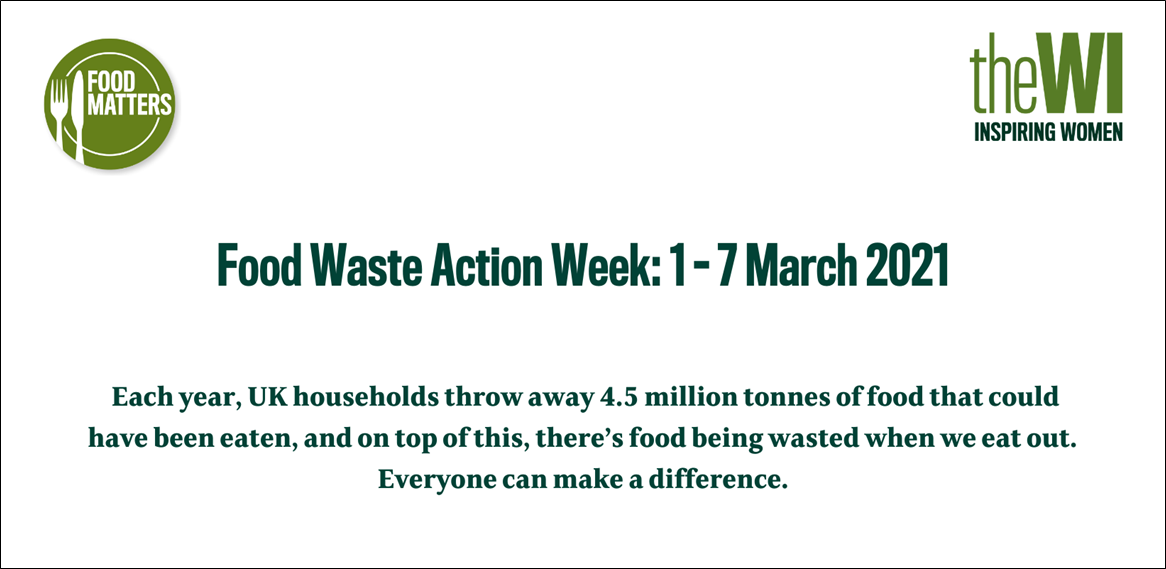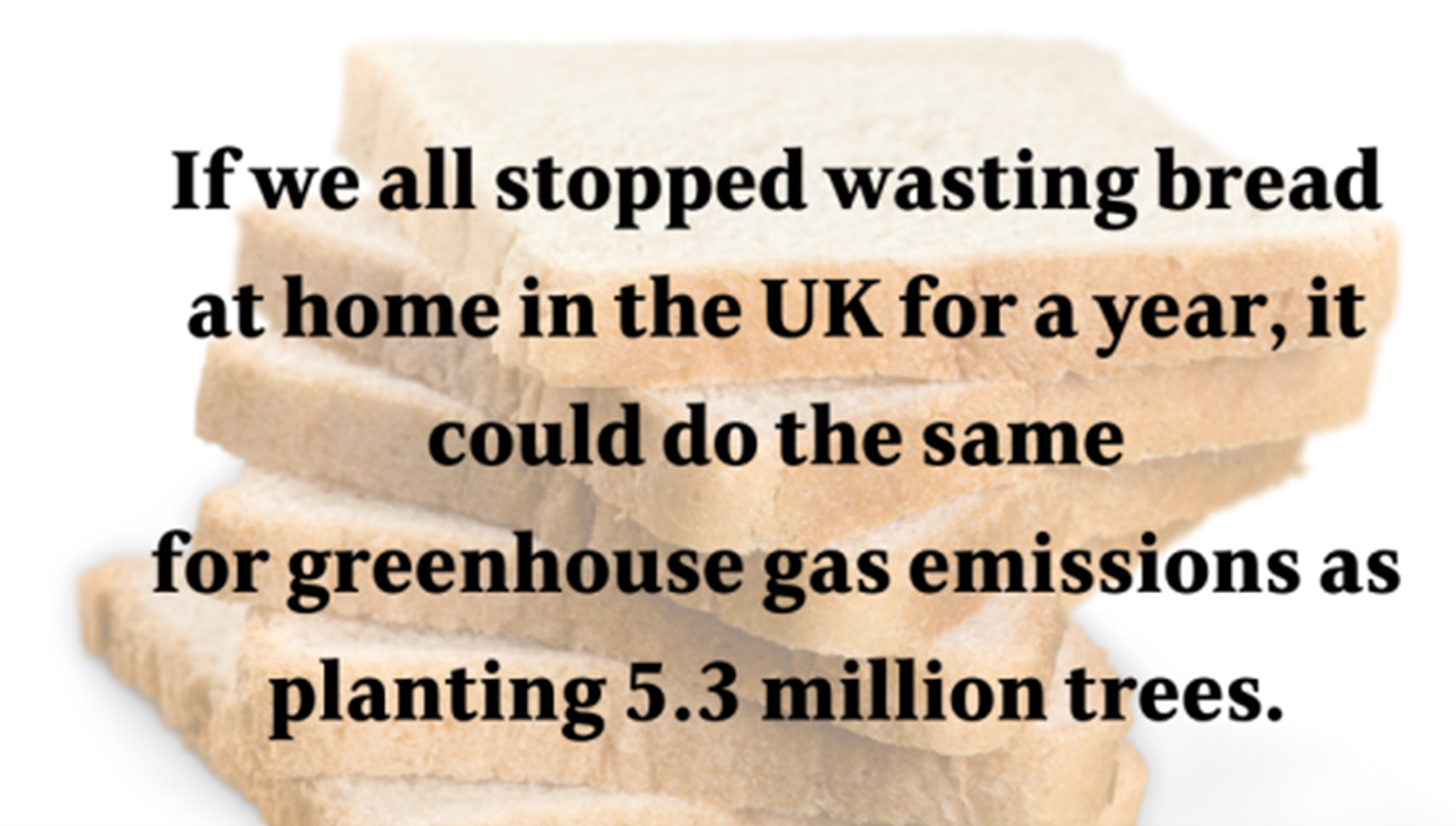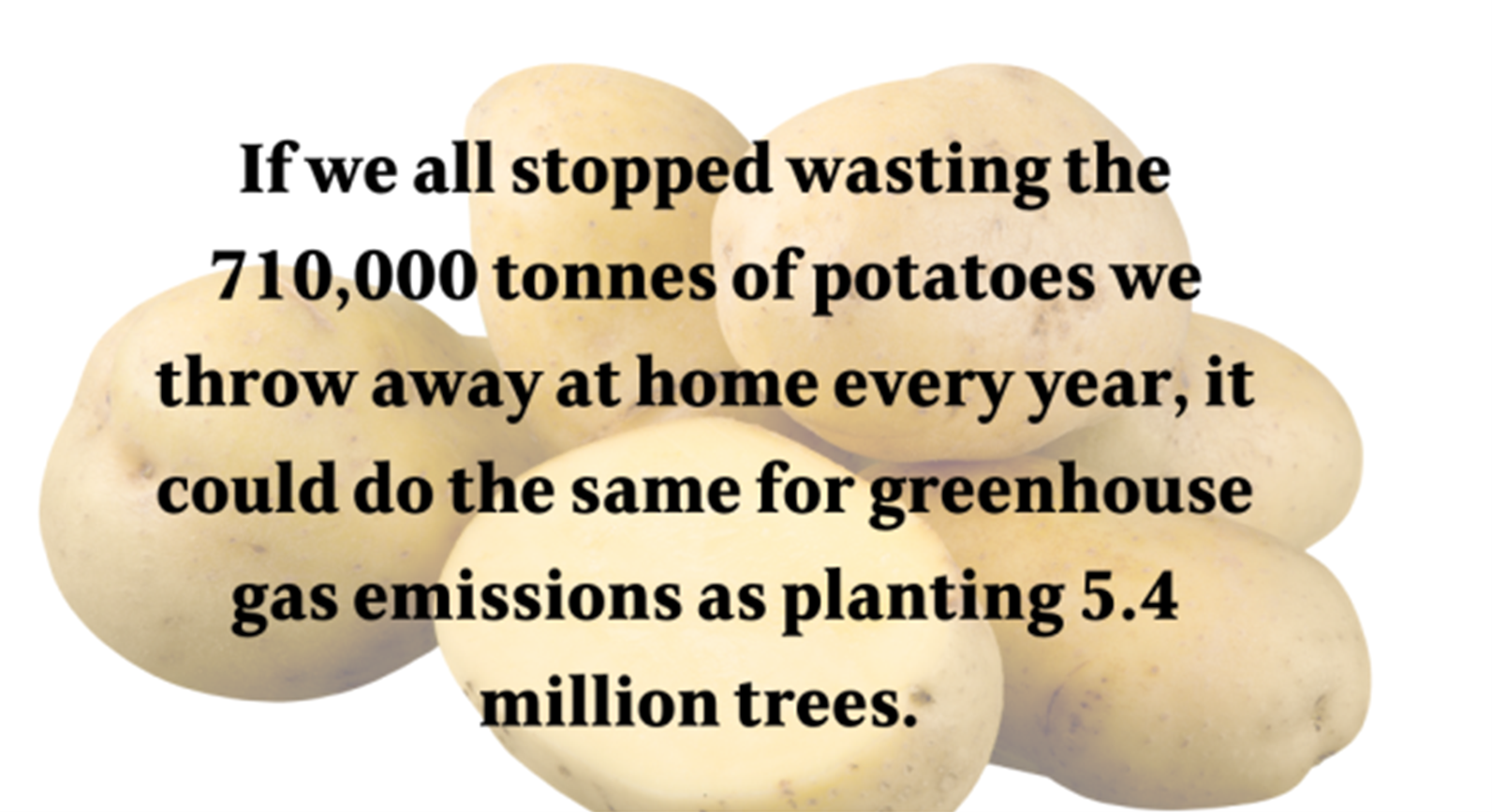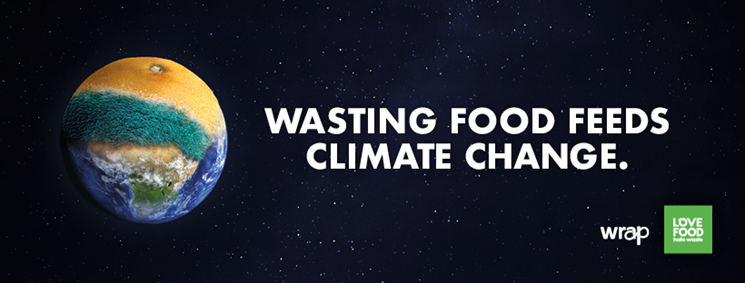Take part in Food Waste Action Week
Thank you to all WI members who took part in the UK’s first ever Food Waste Action Week, 1 – 7 March 2021.

Wasting food feeds climate change and the time to act is now. 30% of global greenhouse gases come from producing our food and if food waste were a country, it would have the third-biggest carbon footprint after the USA and China.
 Last year, we asked WI members to send in their top tips on reducing household food waste, and we then compiled them into a ‘Top 10 List’. We’ve shared these again below, and whilst you may already be doing this in practice, sharing these with friends, family and community members can help spread the word about how we can all make a difference.
Last year, we asked WI members to send in their top tips on reducing household food waste, and we then compiled them into a ‘Top 10 List’. We’ve shared these again below, and whilst you may already be doing this in practice, sharing these with friends, family and community members can help spread the word about how we can all make a difference.
Last week we shared these great tips again, along with some brilliant advice by WRAP as part of their Love Food Hate Waste campaign.
Below you will also find some great resources to help you stay involved and some helpful links to some more information.

The WI’s Top 10 Tips to Reduce Your Household Food Waste
1. Make use of all the food: there’s so much you can do with leftover food and to help use up everything in your kitchen. Adopting a habit of checking before you throw can help save a lot of food waste. Use this link to find recipes to make from leftover and unused food: www.lovefoodhatewaste.com/recipes
2. Improve storage techniques: There are lots of ways to store food: canning, freezing, drying, fermenting and pickling. Freezers, in particular, are great for storing lots of types of food, giving us all much more time to enjoy the food we buy. This handy guide can help you understand how to store individual food items: www.lovefoodhatewaste.com/article/food-storage-a-z
3. Use meal plans & shopping lists: Before you shop, have a look through your fridge, freezer & cupboards to see what you already have. Then, make a shopping list to help only buy what you need.
You can also make a weekly meal plan before you shop, so you know exactly what you are going for and what you already have!
4. Get to know ‘best-before’ and ‘use-by' dates: When you pop your shopping away, make a note of use-by dates and add them to the calendar as a reminder of when to use it by. Best-before dates are about quality not safety- so use them as a guideline and think carefully before throwing away food.
5. Check the temperature of your fridge: the average UK fridge temperature is set at 7°C and only half of us know that our fridge should be below 5°C. Setting your fridge to the correct temperature could make some food items last three days longer. To find out how to adjust your fridge temperature visit www.lovefoodhatewaste.com/article/chill-fridge-out
6. Research Food Waste Apps: there are lots of free apps available which can really help reduce food waste.
- Too Good to Go: rescue unsold food from shops and restaurants so it doesn't go to waste.
- Olio: connect with neighbours, each other and with local businesses so surplus food can be shared and not thrown away.
- No Waste: easily track, organise and manage the food in your home.
7. Start portion planning: you can reduce waste by getting to grips with how much food you need to cook for each person. The portion planner provides guidance so you don’t cook too much or over-serve food: www.lovefoodhatewaste.com/portion-planner.
8. Compost it if you can: One way to reduce food waste going into landfill is to compost it at home into valuable and nutrient-rich food for your garden. Check out this guide on how to get started: www.bbcgoodfood.com/howto/guide/how-compost-food-home
9. Create or contribute to a community fridge: A community fridge is a space where anyone who lives nearby can exchange surplus food, including businesses.
Hubbub coordinates the Community Fridge Network and offers free support to groups to set up their community fridge, along with comprehensive guides and health and safety templates.www.hubbub.org.uk/the-community-fridge
10. Help redistribute food to those in need: Several UK food redistribution organisations collect fresh nutritious surplus food that has not been sold. They then deliver this to charities and schools so they can provide healthy meals and help the most vulnerable in our society.
Get in touch with food organisations and businesses in your local area to see if they are interested in taking part. For more information visit https://fareshare.org.uk.

Resources
Download our 'Top 10 Tips to Reduce Food Waste’ flyer, a variety of posters as well as a flyer in both English and Welsh via the links below.
Additionally, please watch and share our ‘Top 10 Tips’ video:
Food Waste Poster English
Food Waste Poster Welsh
Flyer
Top 10 Tips to Reduce Food Waste
More information
- WRAP’s Love Food Hate Waste website: www.lovefoodhatewaste.com/foodwasteactionweek
- WI Food Matters Campaign
- Twitter: @WomensInstitute @WRAP_UK @lfhw_UK
- Follow the hashtag: #FoodWasteActionWeek
If you have any questions about our Food Matters campaign or how to get involved in Food Waste Action Week, email the Public Affairs team at PA@nfwi.org.uk.
If you haven’t done so already, sign up to receive our monthly e-newsletter and keep up to date on all our campaigns. You can sign up here: www.thewi.org.uk/campaigns.
